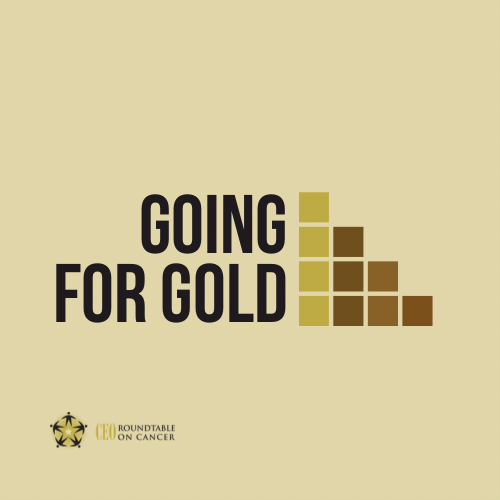Working Together to End Cancer
From the workplace to the university campus, research labs to community clinics, we unite health champions to reduce the risk of cancer, enable early diagnosis, expand access to treatments, and hasten the discovery of new and more effective therapies.
We want to end cancer as a personal disease and public health problem for all.


